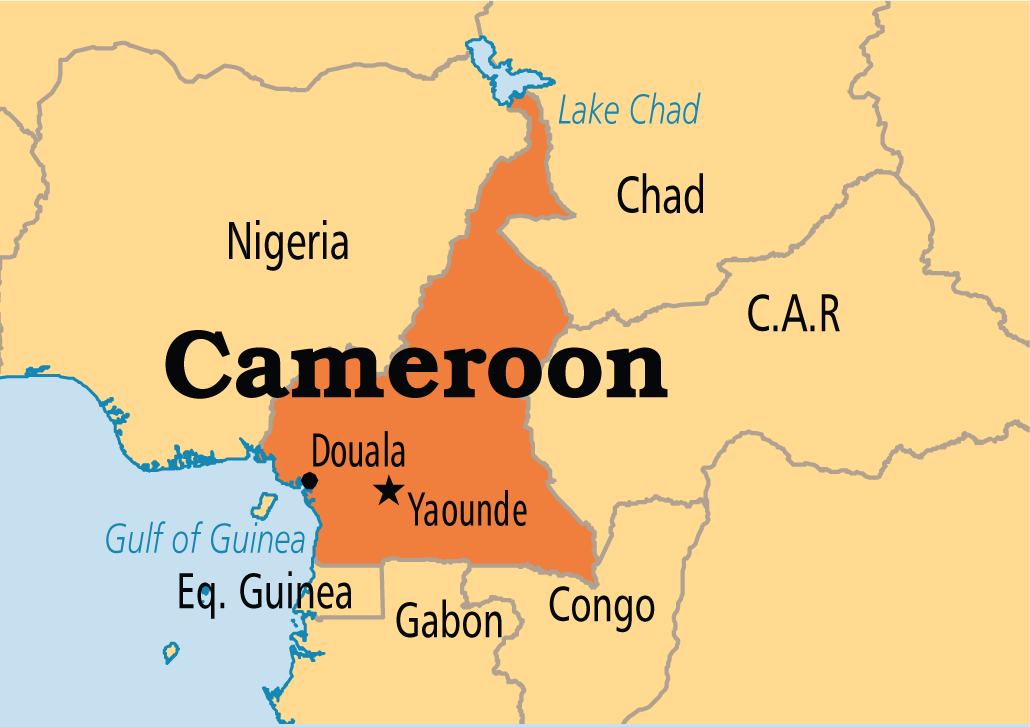YAOUNDÉ, Cameroon – Despite coffee being one of Cameroon’s main cash crops, a coffee drinking culture has been slow to take off in the country, where most of the coffee produced is processed for the European market.
To try and get more Cameroonians to drink coffee, a group of investors in the sector recently held the fourth edition of Festicoffee in the capital Yaounde, to celebrate and promote coffee.
The event brought together producers, coffee roasters and consumers, to showcase the different varieties of coffee available in the country.
“20 years or so ago, we ranked 12th globally as a coffee producer, but today we are not even on the list. But the coffee sector is slowly being revived by a few roasters who are trying to transform the local industry,” said Sylvestre Essono Messanga, one of the Festicoffee organisers.
Cameroon has seen its coffee output decline for decades partly due to low investment and poor agricultural practices, but in recent years, the government has introduced measures to increase coffee output.
The government says it plans to invest more than 13 billion CFA francs ($21 million) in the sector and increase the country’s output to 100,000 tonnes over the next five years, by creating centres to produce cocoa and coffee seedlings, targeting around 452,000 farmers.
Cameroon is also one of the few countries that grows both robusta and arabica coffee, and visiting investors here say that the country needs to capitalise on this unique blend to grow the industry.
“An event like Festicoffee gives an opportunity to bring together producers and consumers and showcases the richness of this country. This country has many different regions.
“There are regions that have high altitude and others with low altitudes and when they showcase the different coffee types from both regions, then it shows the richness of the country when it comes to coffee.
“You can then compare the arabica and robusta from different regions, which will allow producers to see which regions have the best coffee, which will push them to produce the best,” said French coffee taster, Antoine Rouillet.
Cameroon produces around 20,000 tonnes of coffee a year and exports but only about 10 percent of the coffee is sold on the local market.
The country exported 24,500 tonnes of coffee in the 2015/16 season, compared with 23,865 tonnes the previous season.
Because of low local consumption, coffee roasters like Torrecam depend on foreign clients to buy most of their produce. The company recently introduced a manual coffee maker that’s easy to use in the hope that it will encourage more people to consume coffee.
“We are trying to find other ways to encourage the consumption of coffee, something that would please everyone, something that we can easily execute and distribute to consumers,” said Torrecom’s managing director, Pierre Andre junior.
Exports of cocoa and coffee resumed from Cameroon’s main port of Douala on Monday (May 15) following the end to a dock workers’ strike over better pay and work conditions, that had blocked shipments since Friday — the latest in a series of strikes that have gripped the country amid mounting discontent with President Paul Biya’s 35-year rule.
















